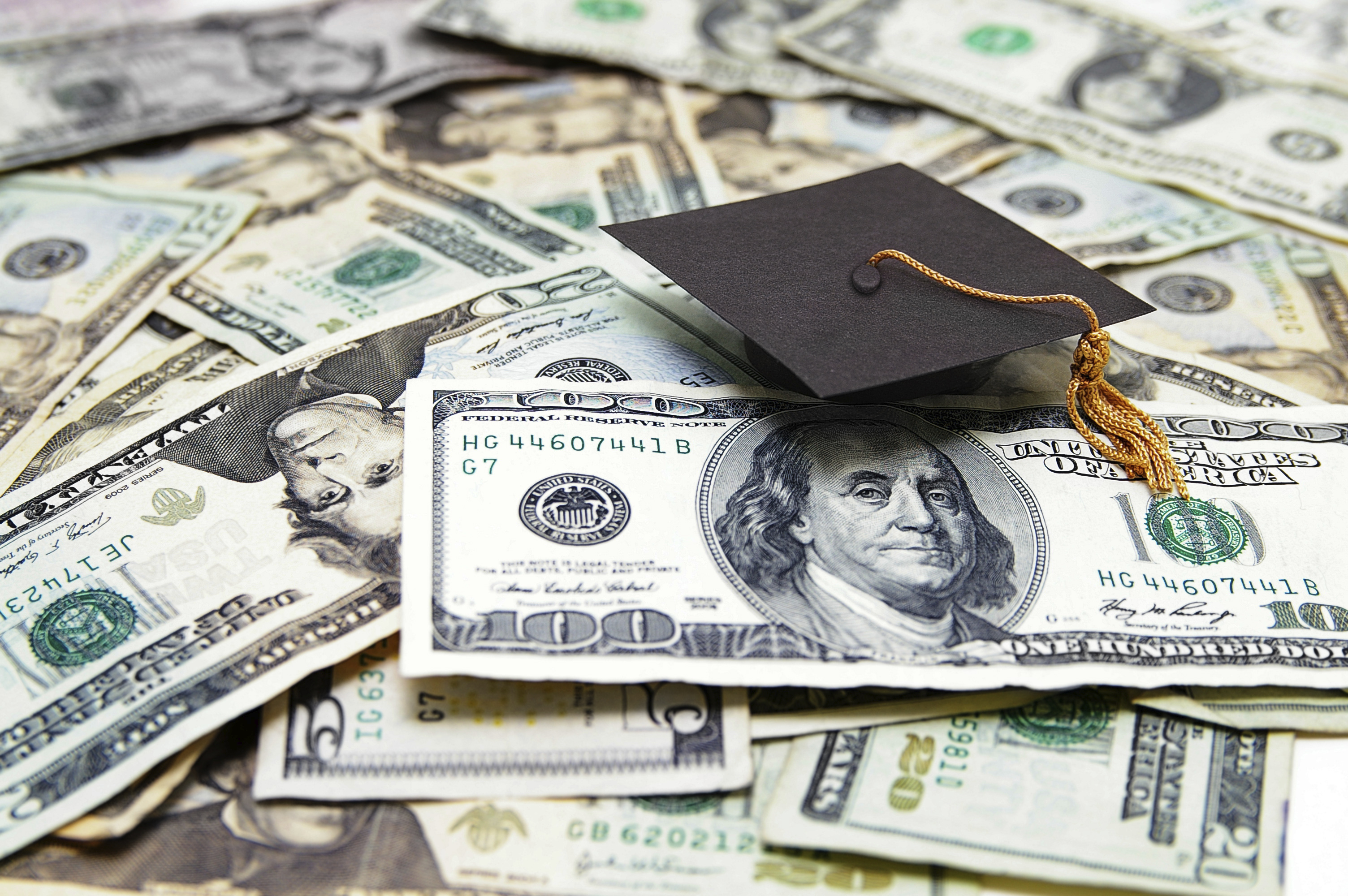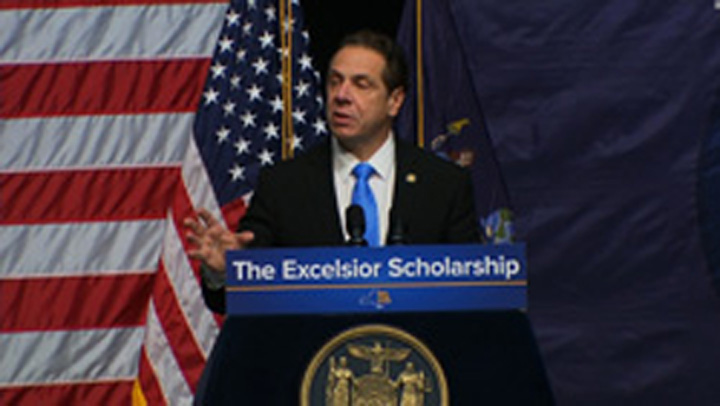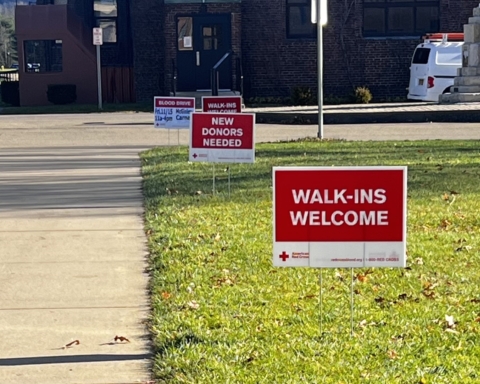Earlier this month, students learned about financial aid regulations regarding New York state residents.
In a school-wide email sent out to Bonaventure students on April 3, Troy R. Martin, director of financial aid, highlighted specific stipulations.
According to federal and New York state regulations, New York state residents may only receive financial aid for courses that are required for their degree program. The email also links a document describing the guidelines for maintaining both federal and New York state financial aid eligibilty.
The official St. Bonaventure University Required Coursework Guidelines for Maintaining Federal and New York State Aid Eligibility outlines these specificities. These specifications confirm that second majors and optional majors will not be included within students’ financial aid packages, unless the credits can be fulfilled with elective courses.
The document also states that all non-repeat coursework is aid-eligible for undeclared students during freshmen and sophomore years only. Students must declare a major by the beginning of junior year, or by the time they have completed 60 credits, to qualify for financial aid.
Only degree programs approved by the New York State Education Department are eligible for financial aid. At St. Bonaventure, NYSED has recognized all undergraduate majors as being aid-eligible degree programs. Minors, however, are not recognized by the NYSED, and are only aid-eligible when included as a degree requirement for a major. If a student is enrolled in less than 12 credits at any given time, he or she will not qualify for financial aid.
Gabby Nicolini, a junior psychology major, originally planned on graduating in May 2018. However, when meeting with her advisor during registration, her advisor said she would have to graduate earlier than expected.
“[My advisor] suggested that I meet with financial aid to ensure that eight credits for my ‘first degree’ is enough to earn all of the financial aid that I have earned,” she said. “This is the first time that this has been brought to my attention.”
To Nicolini, the news came as a shock.
“I was honestly a bit devastated,” she said. “I have always been diligent to plan my schedule so that my senior year would be very open to participate in resume building and skill-based experiences that could give me a competitive edge for Ph.D. programs.”
After working with financial aid, Nicolini decided that the most financially logical decision for her was for her to graduate in December 2017.
“By doing this, I have had to turn down many great opportunities that were offered to me for the spring of 2018,” she said. “I was supposed to hold many leadership roles on campus for the next academic year.”
Nicolini thinks that in the future, students should be reminded of these stipulations by their advisors much earlier to prevent planning issues.
According to New York State official legislation, these stipulations have been in place but not strictly enforced. They are now strictly followed due to budget restrictions and the eventual implementation of free in-state public tuitions.
“According to my advisor, this is not a new rule of change at all,” said Nicolini. “The recent change is due to other schools being audited and owing the state government millions of dollars for giving students financial aid with too few credits left to achieve their first degree.”
Nicolini is adamant about the disadvantages of the regulations.
“Bonaventure loves bragging about 90 percent job or graduate school placement six months after graduation, and I think this policy is going to hurt this statistic,” she said. “By being forced out early, people cannot make themselves as marketable.”
rootcm14@bonaventure.edu







